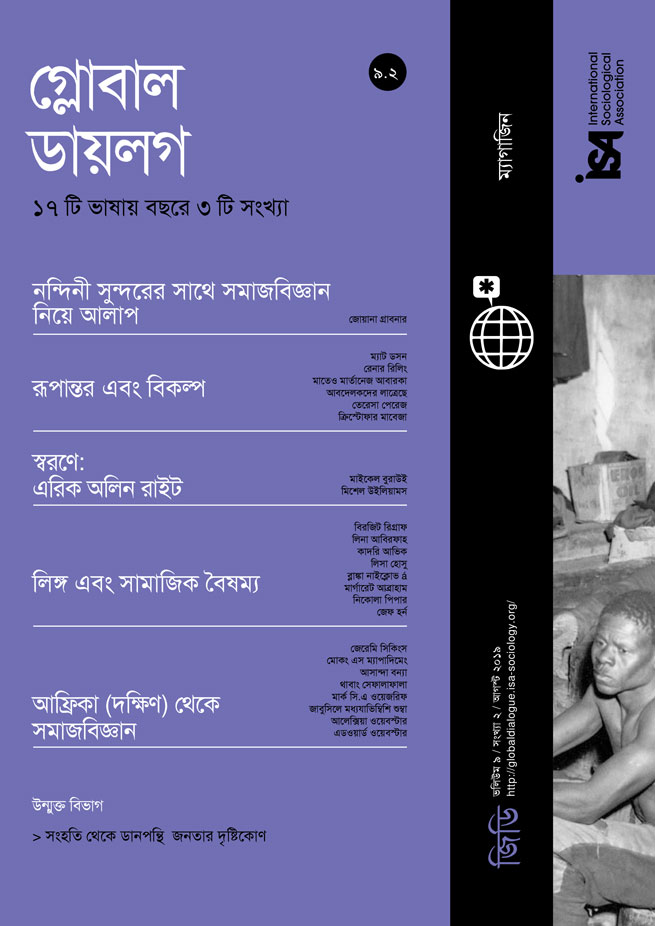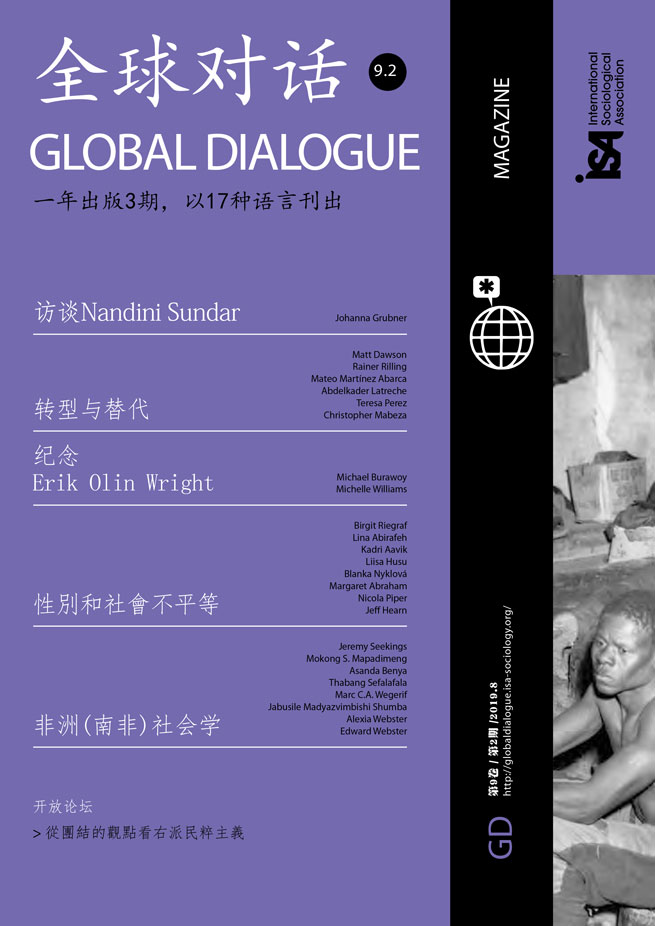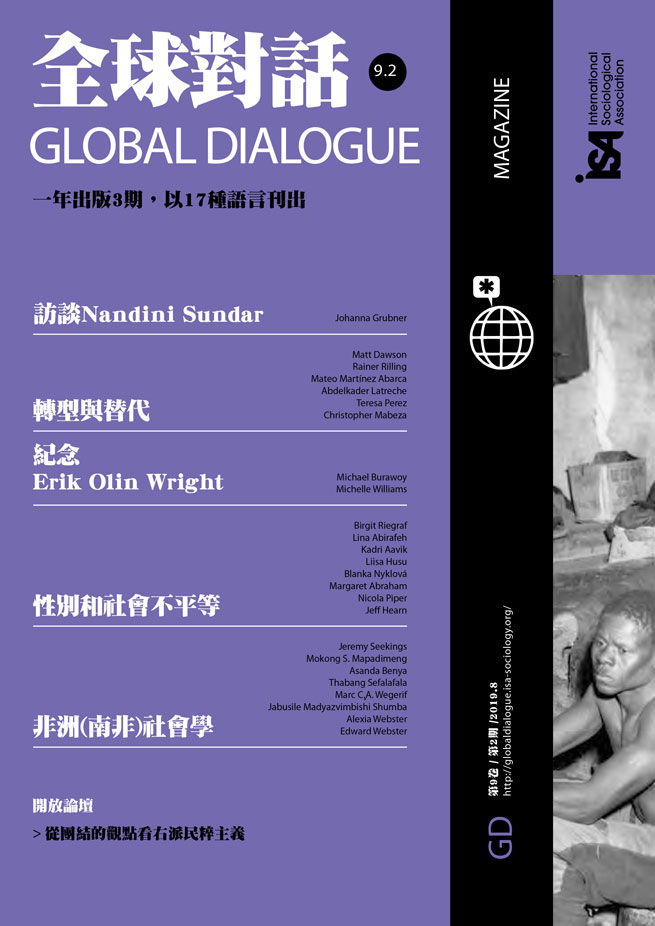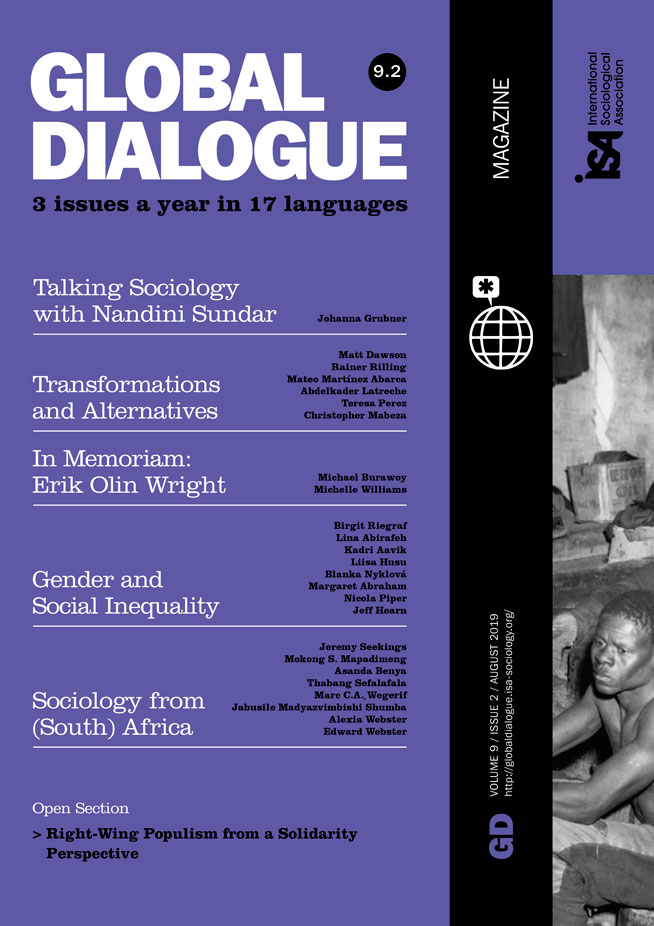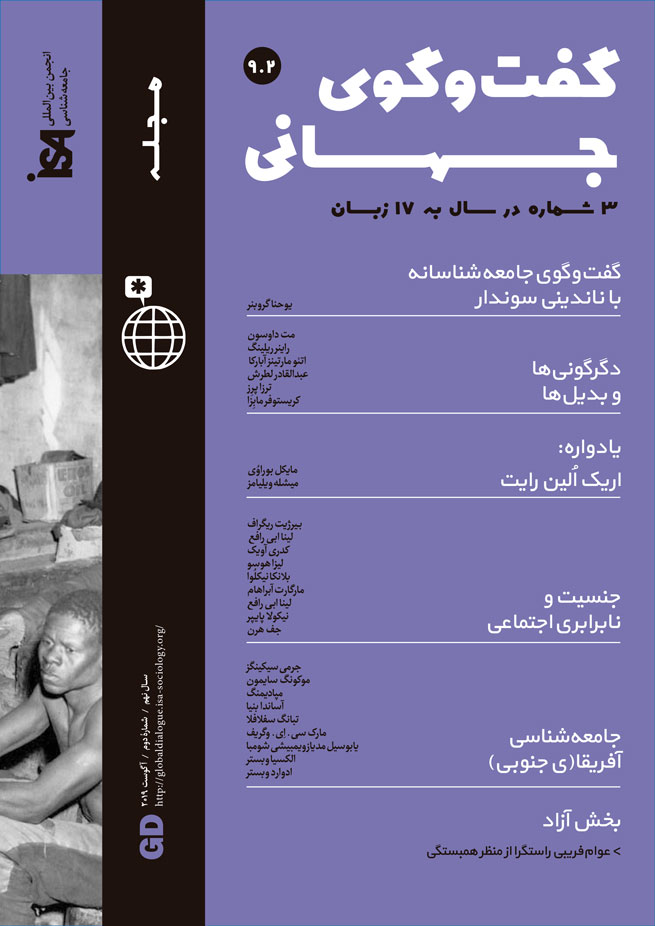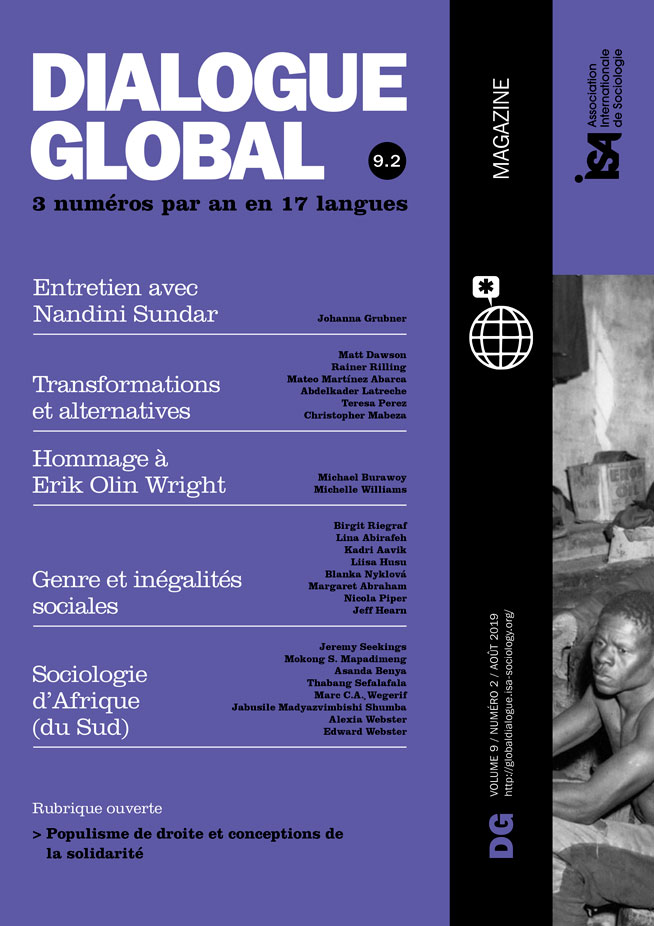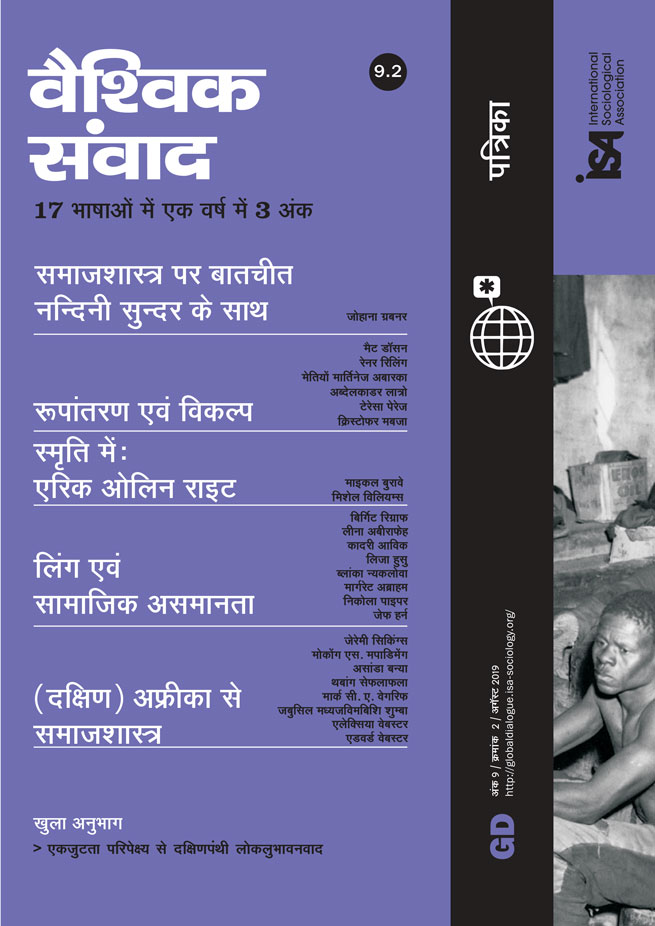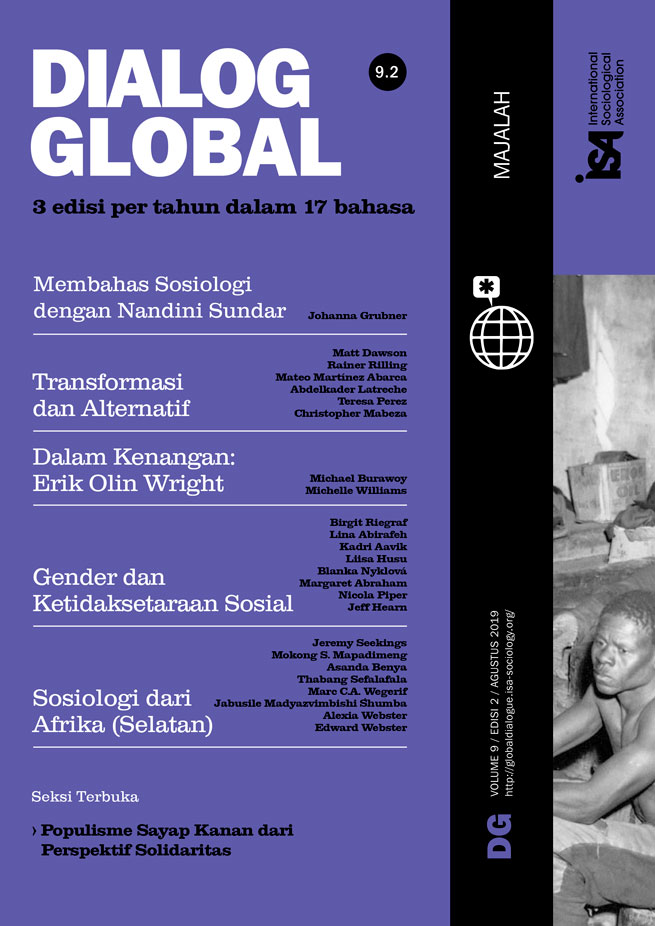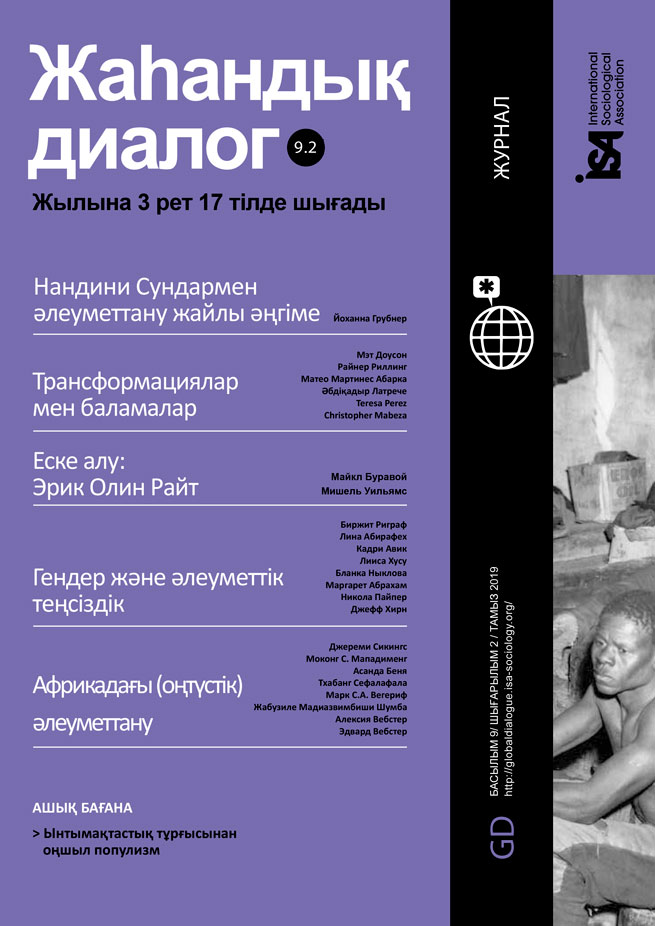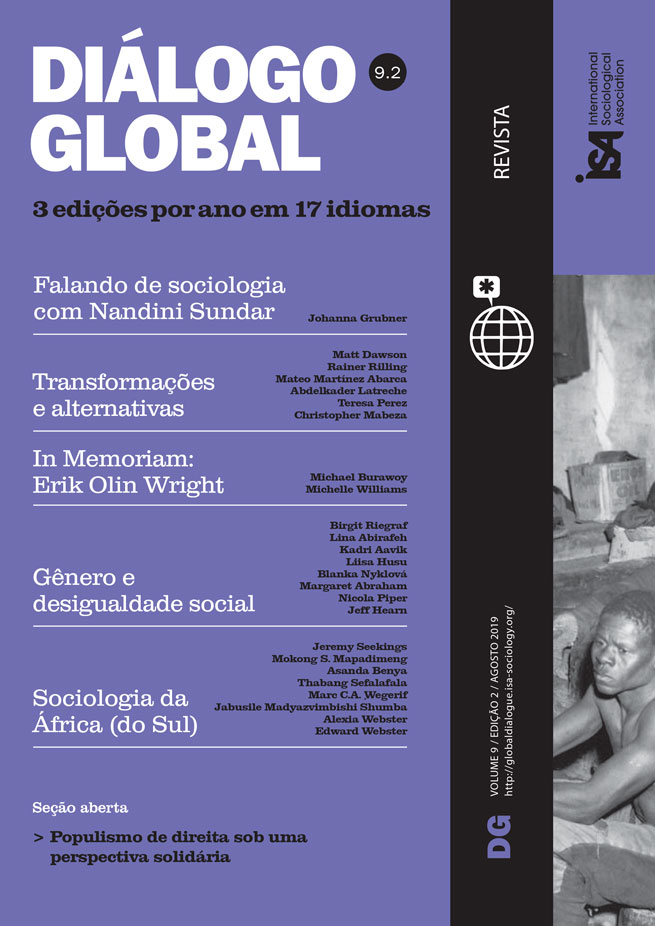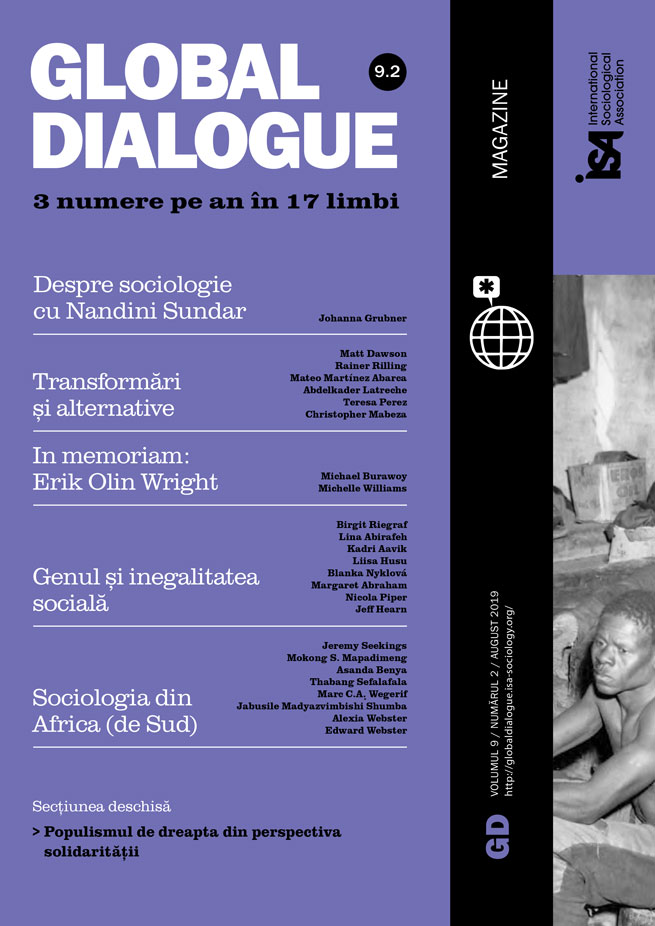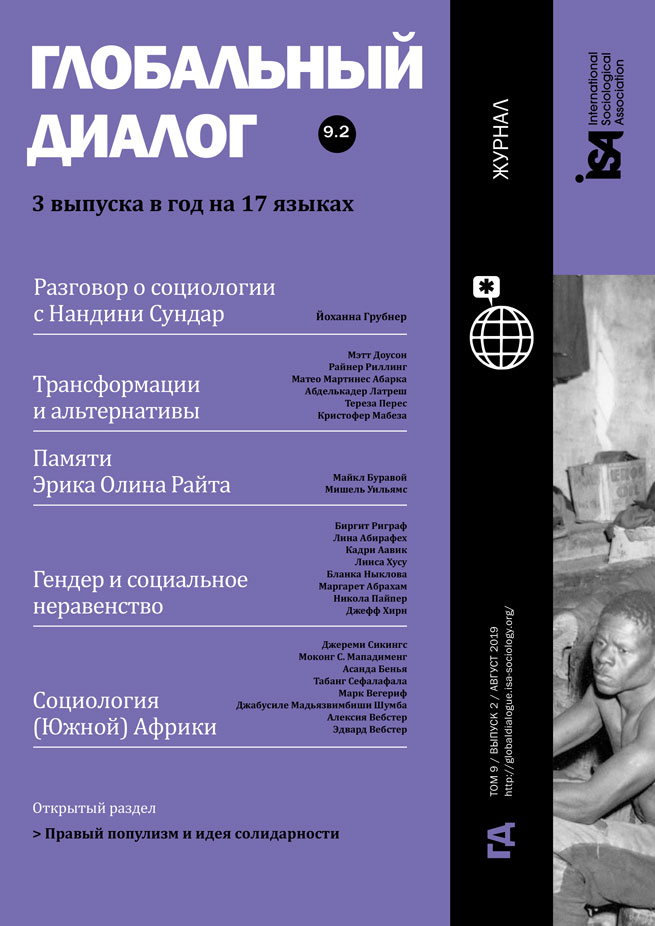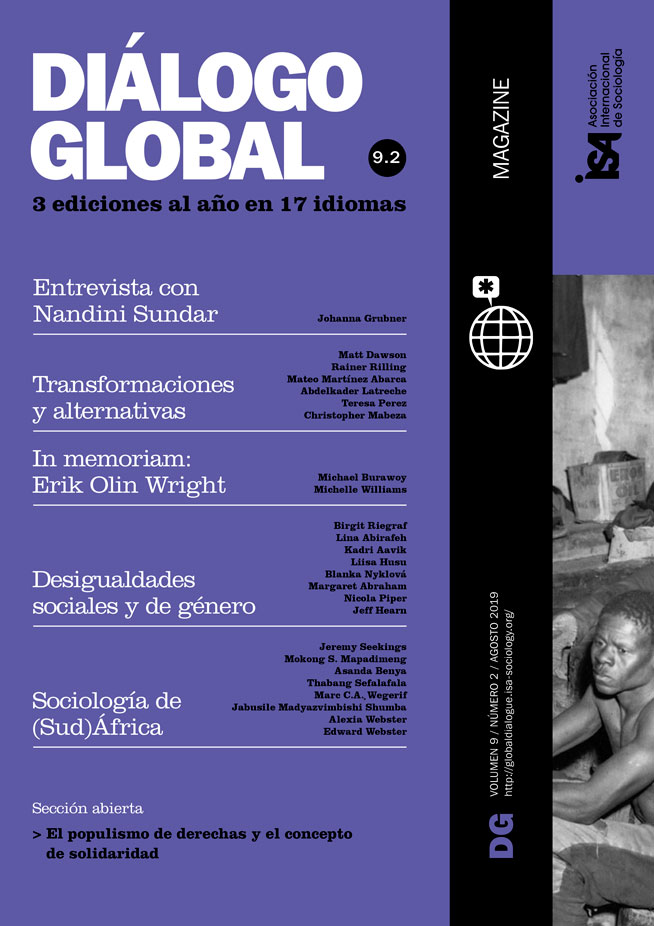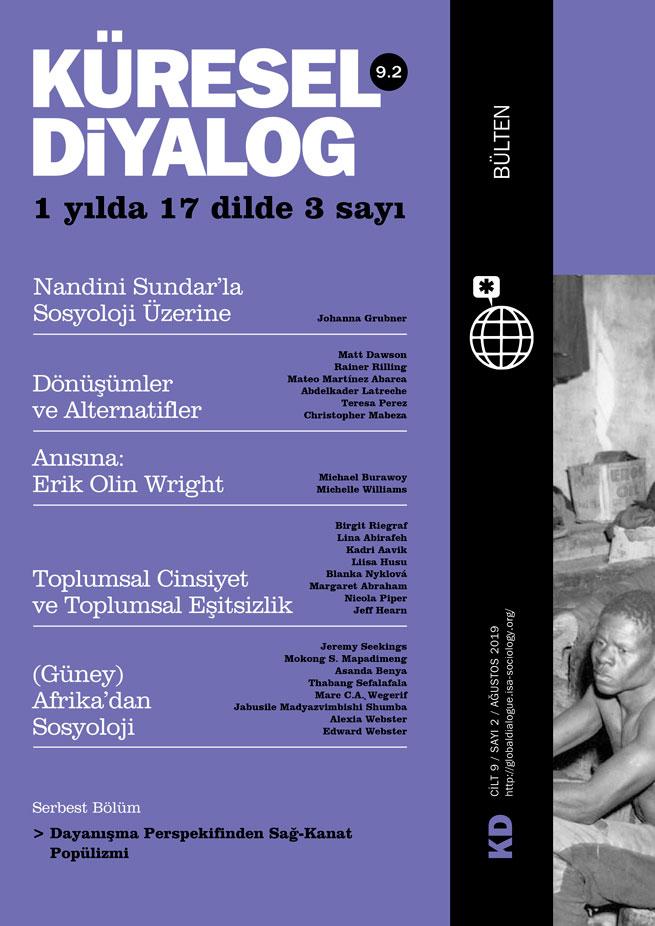Read more about In Memoriam
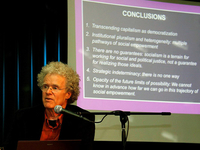
Erik Olin Wright: A Real Utopian
by Michael Burawoy
June 21, 2019
I am one of the many people who was able to count Erik Olin Wright as a mentor, collaborator, friend, and fellow traveller. Many tributes have focused on his enormous intellectual contribution, his legendary supervision and mentoring, his engagement and commitment to finding pathways beyond capitalism, and his contribution to Marxism. While I too experienced these aspects of Erik, I want to focus on my personal experiences with Erik the humanist with his many quirky passions, infectious imagination, and passion for the creative side of humans.
I first met Erik in the late 1990s on one of his annual visits to his closest friend Michael Burawoy, my supervisor (I was in graduate school at Berkeley). During one of our first conversations, Erik said to me, “You know I’m your uncle.” To which I replied “Really? I don’t follow.” He then explained that Michael was my academic father and his brother, so that made Erik my uncle. I immediately felt this was his way of incorporating me into his world, I later realized how deeply this captured Erik’s warm embracing of others as part of his family – he always found ways to include people into his enormous network, often through fictitious kinship. From the very beginning, Erik’s avuncular role carried through in all our engagements – whether he was explaining the difference between and difficulty in theory building and concept building, or our long discussions about the democratic impulses of the communist parties in South Africa and Kerala, or debates about what makes an initiative anti-capitalist, or sharing our favourite non-fiction and fiction books, or seeing plays (he loved the political plays that South Africa excels in), or discussing recipes and how to adapt his famous chicken Coq au Vin to a vegetarian dish (what he called Coqless Coq au Vin – which I was very sceptical about until I tried it!). Erik always engaged passionately and cheerfully. His annual visits to Berkeley were also a moment of glee for Michael’s students because Erik would always cook a fabulous meal and invite us to Michael’s flat (during the remainder of the year we always had to bring food to our meetings at Michael’s flat as he is no cook).
My connection with Erik deepened in relation to our common commitment to finding anti-capitalist alternatives, especially in relation to cooperatives and the solidarity economy that we explored with my partner Vishwas Satgar. While we agreed on the importance of thinking through concrete alternatives, we did not always agree on the details – I often disagreed with his fiercely analytical approach, introducing ideas of culture, the importance of meaning-making, and the sheer messiness of reality. In these engagements, Erik never betrayed any frustration or displeasure but rather seemed to love the pursuit of ideas, and even managed to give me the impression that he was not disagreeing, but also not agreeing. He was generous too – I know of at least two occasions where he wrote authors – Rohinton Mistry and Zakes Mda – to thank them for their political fictional work. When he saw Mda’s play The Dying Screams of the Moon on one of his visits to Johannesburg,he was nearly in tears and said it was the best play he’d ever seen.
While I met Erik in Berkeley, over the past twenty years since our first encounter, most of our friendship was through travels to many far-away places: Kerala, Barcelona, Goteburg, Buenos Aires, Padua, and he made three visits to South Africa. Our first far-away encounter was in 2000 in Kerala, India (I was just beginning fieldwork in Kerala). It was in Kerala that I learned how Erik would connect with people of all ages everywhere he went: on one occasion he sang ‘She’ll be coming down the mountain’ to the delightful giggles of a group of schoolchildren in a mountainous village in rural Kerala. Perhaps my favourite encounter was when Michael and Erik were both in Johannesburg. Over a dinner with just the three of us, I had the enormous good fortune to watch the two of them engage in a debate over Marxism for over an hour. Not only was the content of the discussion interesting, but the manner of their engagement was extraordinarily fun to watch. Erik’s equanimity was deep! In fact, Erik’s moods never seemed to be affected by much (including sleep deprivation, discomfort, or exhausting schedules). At least in my experience, Erik was always the avuncular, loving, passionate, and humanistic person who was also one of the most important sociologists and Marxist scholars of our times. Hambe Kahle Erik!
Michelle Williams, University of Witswatersrand, South Africa
This issue is not available yet in this language.
Request to be notified when the issue is available in your language.
If you prefer, you can access previous issues available in your language:

